Meet the members of the Industrial Technology Innovation Advisory Committee (ITIAC).
Click on each name to reveal that member's bio and photo.

Sharon Nolen is an Eastman fellow and program manager for Global Natural Resource Management at Eastman Chemical Company in Tennessee, where she has spent more than 30 years. During her tenure at Eastman, she has overseen efficiency and sustainability improvements, earning Eastman awards and accolades: the ENERGY STAR® “Sustained Excellence” award (Eastman is the first chemical company to receive this award), the ACC Exceptional Merit Energy Efficiency Award, and the DOE Better Projects Award, and several other honors. Nolen has an extensive background in energy efficiency and sustainability in the chemicals industry, collaborating with government, academia, and industry to move energy goals forward. She currently serves on the Industrial Advisory Board for the cross-sectoral National Alliance for Water Innovation and a board member for the Industrial Energy Technology Conference. She has served as a judge for the American Chemistry Council Energy Efficiency Awards and as a reviewer for the Advanced Manufacturing Office Peer Review. Nolen was named the 2019 International Energy Manager of the Year by the Association of Energy Engineers and received the American Institute of Chemical Engineers’ Energy and Sustainability Award in 2020. She is a Professional Engineer and a Certified Energy Manager. Her achievements also include numerous publications and presentations. Nolen has a bachelor of science degree in chemical engineering from Tennessee Technological University.
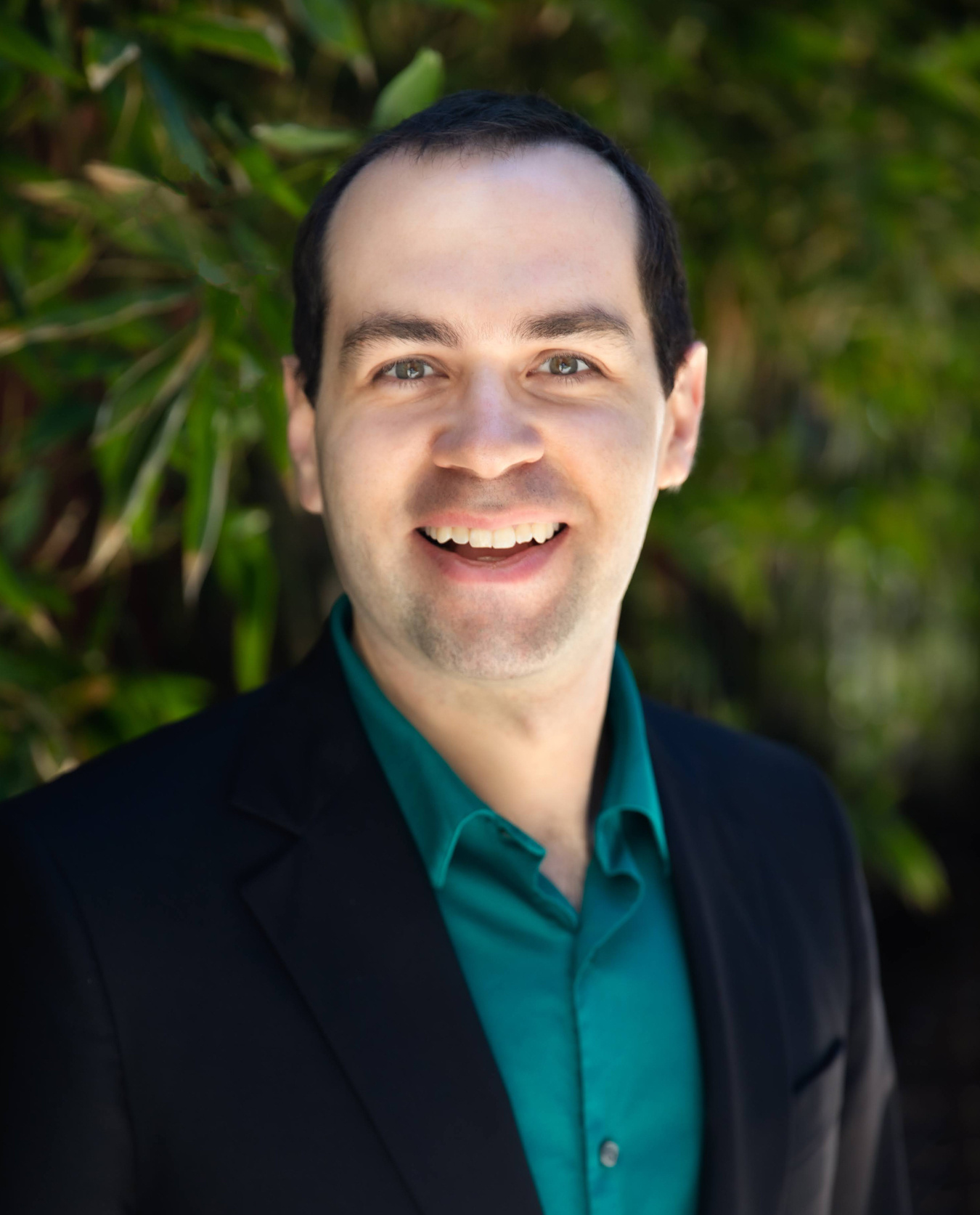
Jeffrey Rissman is senior director of the industry program at Energy Innovation, a nonpartisan energy and environmental policy think tank. He founded and leads the organization’s industrial decarbonization program, where he and his team research, write, and brief policymakers on technologies and policies to cut industrial pollutant emissions. Rissman is the author of Zero-Carbon Industry: Transformative Technologies and Policies to Achieve Sustainable Prosperity, published by Columbia University Press in 2024, a definitive guide to the breakthrough technologies transforming the manufacturing sector and the policies that can accelerate the global transition to clean industry. He is also the creator of the Energy Policy Simulator, an open-source computer model that forecasts the environmental, financial, and public health impacts of clean technology and policy choices in all sectors of the economy. Previously, Rissman worked on policies supporting R&D for clean energy and efficiency technologies for the American Energy Innovation Council, coauthoring several case studies on the role of government in energy technology innovation. He has published two books and over 25 academic papers, such as “Technologies and Policies to Decarbonize Global Industry: Review and Assessment of Mitigation Drivers Through 2070,” published in Applied Energy in 2020. Rissman holds master’s degrees in environmental sciences and engineering as well as city and regional planning, both from the University of North Carolina at Chapel Hill, in addition to a bachelor’s degree in international relations from Stanford University.

Sunday Abraham is director of research and development for SSAB Americas, where he shapes and contributes to SSAB’s sustainability efforts through the R&D of high strength steels. He brings more than 20 years of steel industry experience and research collaborations with universities, industry groups, and institutions. Abraham has a passion for advancing the steel industry and promoting innovation in manufacturing which he has developed through his career in research.
As a well-known expert in the steel industry, he has authored more than 20 publications and has received several awards, including the 2024 J. Keith Brimacombe Memorial Lecture Award, the 2022 American Institute of Mining, Metallurgical, and Petroleum Engineers Benjamin F. Fairless Award, 2020 Association for Iron and Steel Technology Ladle and Secondary Refining Best Paper Award, American Iron and Steel Institute Medal in 2014 and 2017, AISI Medal Finalist in 2020 and 2021, and 2012 AIST Hunt-Kelly Outstanding Paper Award.
At SSAB, Abraham has developed various high performance high strengths steels that enhance performance in end use applications through increased payload, improved fuel efficiency, and extended life cycle performance. Abraham and his R&D team have supported an environmental performance declaration for a market-leading product, and he has provided input to improve manufacturing efficiency using scientific analysis through a data driven, continuous improvement model. SSAB Americas leadership credits the adoption of Abraham research models as a factor contributing to the organization’s reduced environmental footprint.
In addition to his research accomplishments, Abraham also brings organizational leadership and mentorship experience. In his current role, he manages and mentors an expansive group of engineers, technicians, and co-op students, as well as overseeing projects that improve steel making processes. He is a strong supporter of the several university research consortia, including the Peaslee Steel Manufacturing Research Center at Missouri University of Science & Technology, Continuous Casting Center at Colorado School of Mines, Advanced Steel Processing and Products Research Center at Colorado School of Mines, and Steel Manufacturing Simulation and Visualization Consortium at Purdue University Northwest. He mentors students and assistant professors on a variety of projects at these research centers. Also, he has served and continues to serve in leadership roles on AIST Technology Committees.
Abraham holds Ph.D., master of science, and bachelor of science degrees in metallurgical engineering.

Cathy Choi is the executive advisor at Knoxville Locomotive Works and serves on the Board of the Advanced Machine and Vehicle Innovation Center as both a board member and managing partner. Choi has more than three decades of professional experience in power generation and transportation technology and product development. In prior roles as chief sustainability officer at ClearFlame Engine Technologies and executive director at Cummins, Choi oversaw technology strategy and development for energy and power solutions; she incubated and grew international research and development teams and led numerous, global product launches that spanned power ranges from 160 kilowatts to 16.8 megawatts. Experienced in new technologies and new product introductions, she has successfully led technology commercialization from first adopter to series production. Choi earned her Ph.D. in mechanical engineering from the University of Wisconsin-Madison specializing in combustion and emissions formation and alternative fuels research.
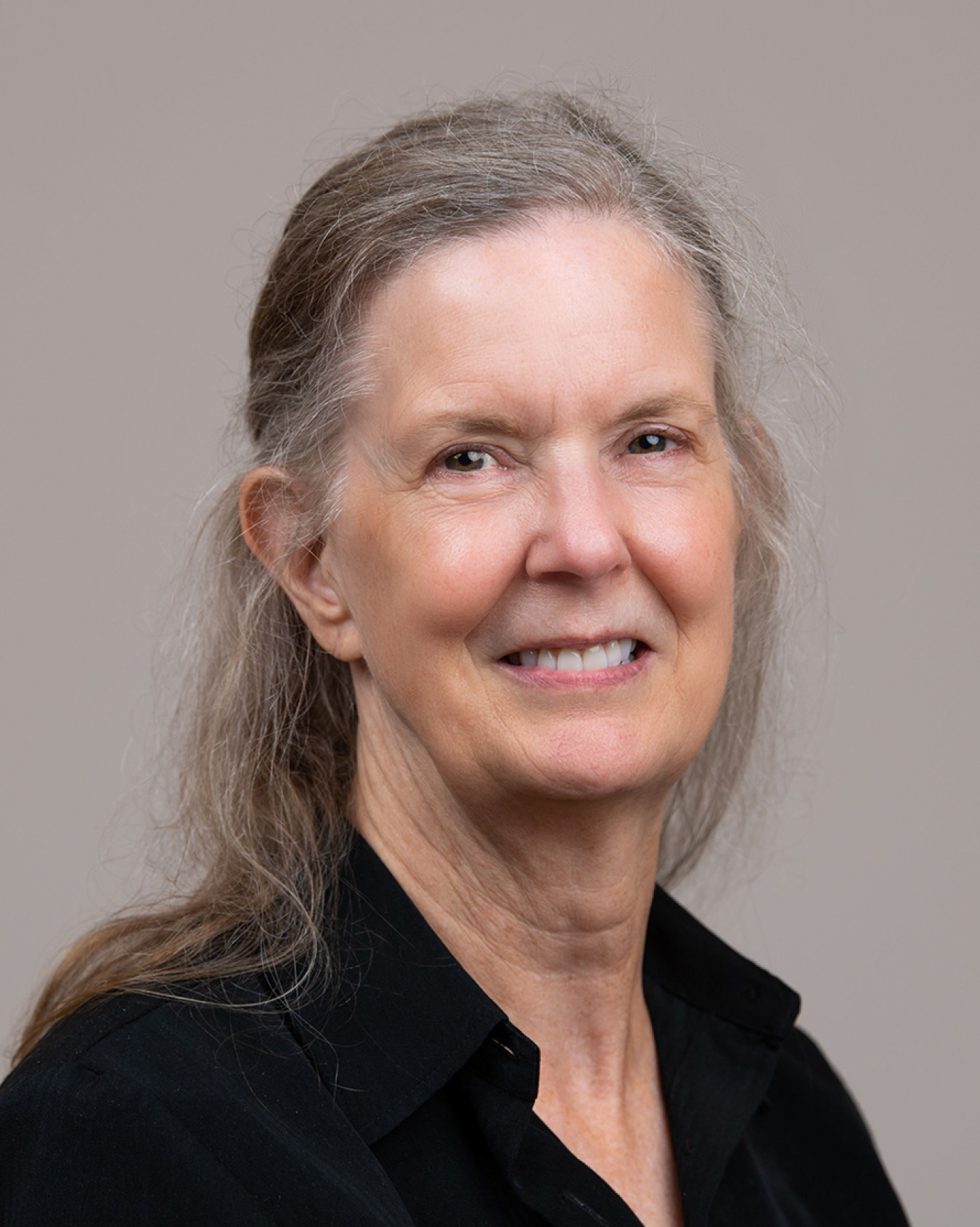
Sue Clark has built a substantial resume of directing and improving the performance of laboratory research efforts, punctuated by her role as the deputy laboratory director for the Savannah River National Laboratory (SRNL) in South Carolina. She has over 30 years of experience in chemical production process research, during which she logged nearly 10 years of experience in leadership roles in national laboratories. lark stewards SRNL’s $400 million dollar research enterprise that overlaps with several ITIAC priority areas including energy efficiency and smart manufacturing capabilities. Clark is leading SRNL’s efforts to develop next-generation decarbonized manufacturing technology through the creation of the Advanced Manufacturing Collaboratory (AMC). She was recognized for her work in advancing the nuclear energy industry with the Glenn Seaborg Award for Nuclear Chemistry in 2020. She received the Shalin Award for Public Engagement in 2014 from Washington State University, the John Olin Medal from American Chemical Society in 2012 and several other awards for her work in teaching and chemistry work. She served as a member of the Basic Energy Sciences Advisory Committee (BESAC) for ten years. Clark has a PhD in Inorganic/Radiochemistry from Florida State University and a Bachelor of Science in Chemistry from Lander College.
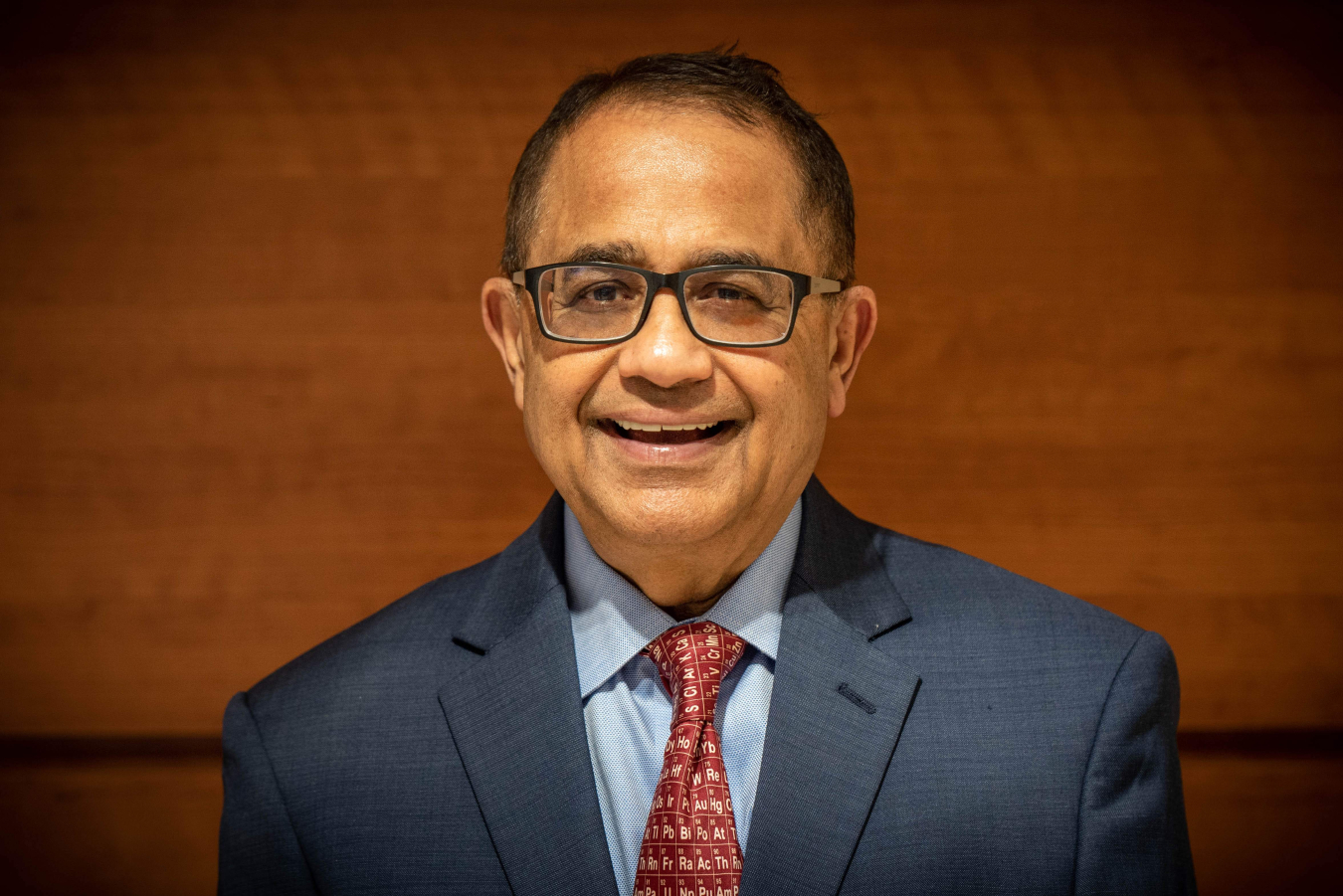
Subodh Das is a leader in next-generation metal products. He is involved with critical research and development work in sustainability, energy efficiency, carbon neutrality, recycling, and waste utilization, with a focus on aluminum. He brings more than 45 years of experience serving the global aluminum industry and has contributed consistently over that time to the development of the product manufacturing sector. Das is currently the chief executive officer of Phinix, LLC, in Clayton, Missouri. Prior to working at Phinix, Das was the founder and CEO of Secat, Inc., a technology development company that works with aluminum manufacturing companies. He has also led the Center for Aluminum Technology and served as Executive Director for the Sloan Industry Center for a Sustainable Aluminum Industry at the University of Kentucky. Das holds a Ph.D. in metallurgical engineering from the University of Michigan, a master of science in metallurgical engineering from the Indian Institute of Technology, an MBA with a focus on corporate planning from the University of Pittsburgh, an Executive MBA from the University of Tennessee, and a bachelor of science in engineering from Birsa Institute of Technology Sindri.
Elizabeth Dutrow has more than 30 years of federal experience working in the industrial manufacturing sector, focusing on efforts to reduce greenhouse gas emissions through energy efficiency, innovation, benchmarking, and adoption of new technologies. She brings industrial decarbonization experience honed during her tenure as a team leader for the ENERGY STAR Industrial Team, where she interfaces with more than 800 corporations across 32+ sectors. She implements energy efficiency and decarbonization projects in many energy-intensive industries, including chemicals, petroleum, and metals. In 2014, her leadership of the ENERGY STAR team earned her the Environmental Protection Agency Bronze Medal for Commendable Service, and in 2019, she was awarded the Gold Medal for Exceptional Service for leadership and contributions to improving industrial energy efficiency. In addition to her ENERGY STAR work, Dutrow is leading the Energy Modeling Forum’s EMF 37 project to help model builders and users better understand the role of electrification in decarbonization in the industrial sector. She has also worked in committee settings to help judge decarbonization awards, including awards for the Portland Cement Association and the MIT Climate CoLab. Dutrow has a bachelor of arts in chemistry from Bridgewater College.
Neal Elliott is an internationally recognized expert and author on energy efficiency, energy efficiency programs and policies, electric motor systems, combined heat and power (CHP) and clean distributed energy, and energy efficiency and energy markets. He is the director emeritus of the American Council for an Energy-Efficient Economy (ACEEE). Elliott joined ACEEE in 1993 as the founding director of its industrial program, and in the three decades since, he has undertaken research on industrial energy and decarbonization technologies and policies; prepared analyses of industrial energy use, agricultural energy policies, efficiency potential, and technology development; and drafted proposals of policies to promote greater efficiency at the federal and state levels. Prior to joining ACEEE, Elliott worked for the North Carolina Alternative Energy Corporation, where he led a $1 million agricultural thermal storage demonstration project and oversaw the establishment of the Industrial Electrotechnology Laboratory. Elliott has also previously served as an adjunct professor of civil and environmental engineering at Duke University. He has six filed U.S. patents and has authored/coauthored numerous publications, including work on industrial decarbonization and new technology acceleration. Elliott has a Ph.D. in civil and environmental engineering from Duke University and a bachelor of science and master of science in mechanical engineering from North Carolina State University.
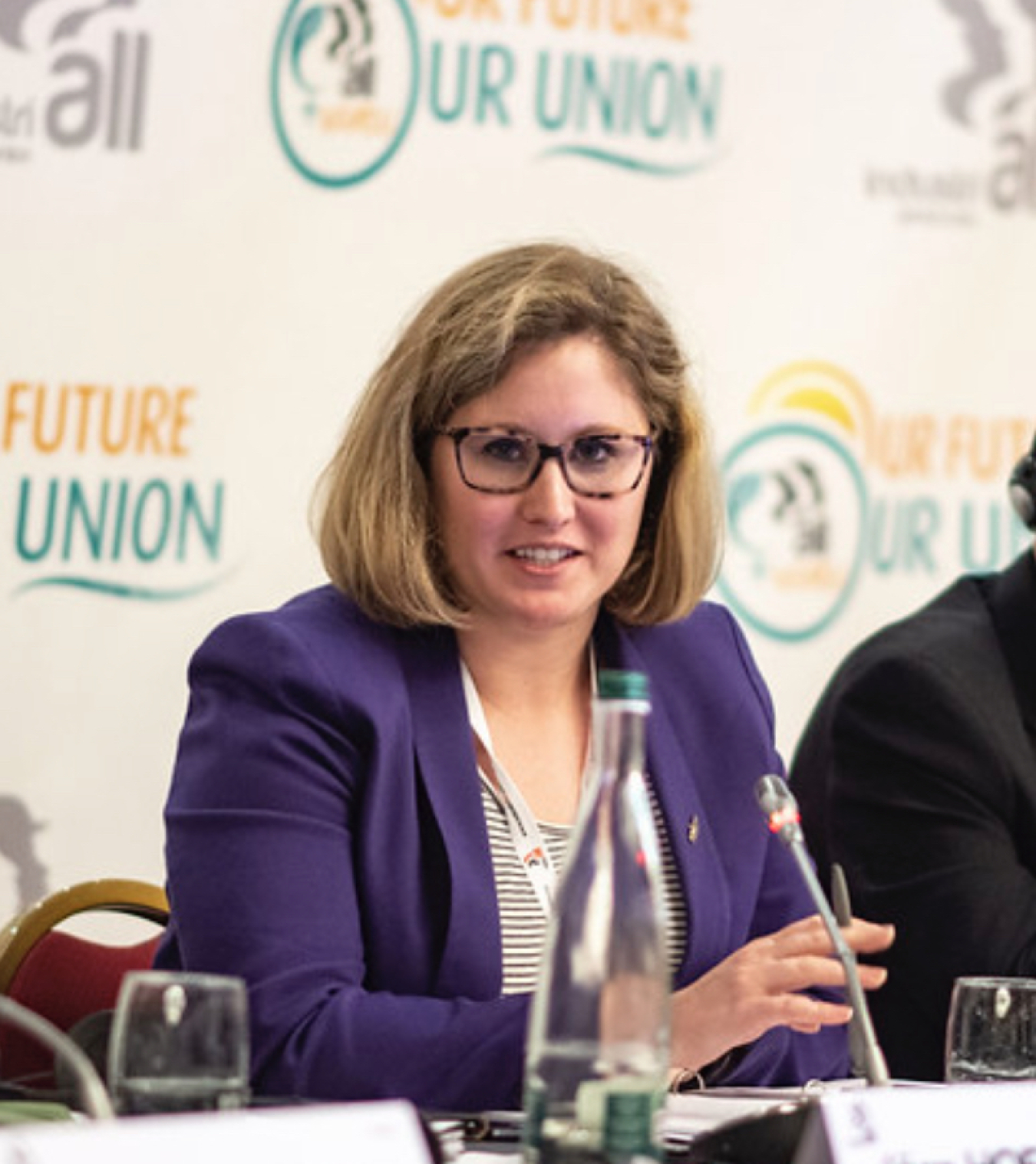
Anna Fendley has held various roles at the United Steelworkers Union (USW) and is currently the director of regulatory and state policy. In this role, she coordinates union policy positions and advocacy on climate change, energy, and the environment as it intersects with workers’ rights and manufacturing. Ms. Fendley also leads several policy and advocacy efforts for the union, including policy on responsible mining and clean tech manufacturing. Fendley has spent the majority of her professional career advocating on behalf of workers in the steel industry, one of the most challenging sectors to achieve emissions reductions. Fendley has also served in multiple leadership positions across national and international labor boards that address industrial decarbonization, including the Nuclear Innovation Alliance, Carbon Capture Coalition, BlueGreen Alliance, IndustriALL Global Union, and International Trade Union Confederation Youth Committee. She has served in several steelworker labor groups, including USW and Steelworkers Charitable and Educational Organization. Fendley has a master of public health degree and a bachelor of science in health and rehabilitation science from Boston University.
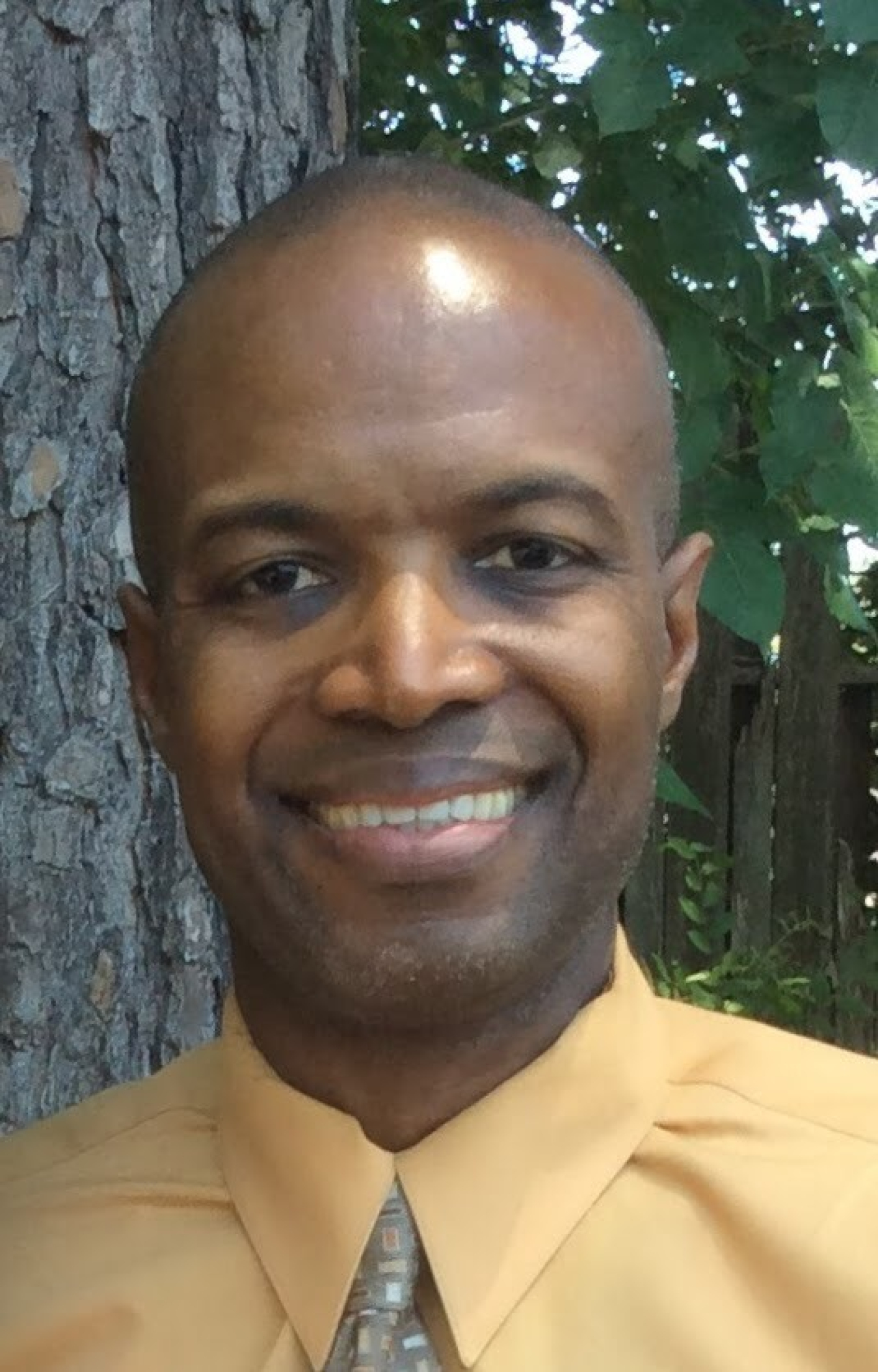
Comas Haynes has been a faculty member at Georgia Tech for more than two decades and is a former joint faculty appointee at the Oak Ridge National Laboratory. He currently serves as the branch head of the Georgia Tech Research Institute and is a principal research engineer. His work is centered within the Georgia Tech Research Institute and also involves instruction (for which he has helped create multiple alternative energy courses) and both graduate and undergraduate student advisement and outreach. Haynes has broad technical research interests that center around alternative energy systems and innovative thermal management schemes. Haynes is the head of Georgia Tech’s Hydrogen Initiative, which coordinates and enhances the university’s activities related to hydrogen production, storage/transport, utilization, and equitable incorporation. He coordinates the work across sciences, engineering, social sciences, and applied programs. Further, he has served as director of the Georgia–North Florida Industrial Assessment Center. Haynes is a well-known not only for his expertise in hydrogen and industrial efficiency but also through his active engagement with historically Black colleges and universities, minority-serving institutions, and diversity, equity, and inclusion initiatives. Haynes has a Ph.D. in mechanical engineering from Georgia Tech and a bachelor of science in mechanical engineering from Florida A&M University.

Joe Powell is a principal advisor at ChemePD in Richmond, Texas. He is a process development engineer for multiple industry projects in clean energy, chemical, hydrogen, and ammonia. Before joining ChemePD, Powell had a 30-year tenure as a chief scientist for Shell’s chemical engineering department. During that time, he helped invent and commercialize two highly successful chemical processes, as well as facilitating developments in chemicals, biofuels, and enhanced oil recovery. Powell was also a founding member of the Shell Sustainability Network and a network leader for Hunter’s Innovation. In these roles, he served as a skill lead in process development and process economics evaluations. Powell has broad expertise in process innovation and R&D, innovation development, and commercialization of new technologies for fuels and chemicals. His experience working with emerging technologies includes R&D in hydrogen, chemicals recycling, and carbon capture areas. He has more than 60 U.S. patents and an extensive history of publications. Powell has a Ph.D. in chemical engineering from the University of Wisconsin and a bachelor of science in chemical engineering from the University of Virginia.

Abigail Regitsky manages the U.S. Policy and Advocacy team for Breakthrough Energy, a network of entities and initiatives aiming to accelerate innovation in sustainable energy and in other technologies to reduce greenhouse gas emissions. Regitsky helps implement Breakthrough Energy’s climate policy priorities, focusing on industrial decarbonization, embodied carbon in buildings and construction, clean electricity standards, and climate and trade. Prior to joining Breakthrough Energy, Regitsky worked on Capitol Hill, most recently as professional staff for the House Select Committee on the Climate Crisis. Her work focused on climate change mitigation, primarily developing policy recommendations for the industrial and manufacturing sector, buildings, and clean energy innovation. Regitsky also served as an AAAS/APS congressional science fellow for Senator Tina Smith. Regitsky helped develop and introduce the senator's Clean Energy Standard Act of 2019, among other energy and environment work. Regitsky’s work has focused primarily on the iron/steel, cement/concrete, and chemicals sectors. She advocates for policies across the whole innovation cycle that support key enabling technologies across sectors (e.g., electrification, hydrogen and other low-carbon fuels and feedstocks, and CCUS), as well as innovative processes unique to each sector. Regitsky earned a Ph.D. in materials science and engineering from MIT and a bachelor of science in materials science and engineering from Georgia Institute of Technology.

Akshay Sahni is the general manager of strategy and technology for Chevron Technology Ventures in Houston, Texas. He has spent most of his professional career working with Chevron, both in R&D-focused roles and running operations with a focus on technological innovation, digital transformation, sustainability, and the transition to alternate energy. In his current role, Sahni leads the development of enterprise technology strategies that support efforts to lower carbon emissions: carbon capture, renewable fuels, geothermal, offshore wind, energy storage systems, and the circular economy. During Sahni’s tenure, his department has made significant investments into fleshing out the capabilities and viability of these strategies, as well as green hydrogen, green ammonia, liquid organic carriers, and carbon mineralization. In addition, he builds strategic partnerships with national labs and universities to explore these energy strategies and technologies. Sahni holds a Ph.D. from Stanford in energy resources engineering, a master of science degree in petroleum engineering from University of Alaska Fairbanks, an MBA from Duke University, and a bachelor's degree in mechanical engineering from Punjab Engineering College.
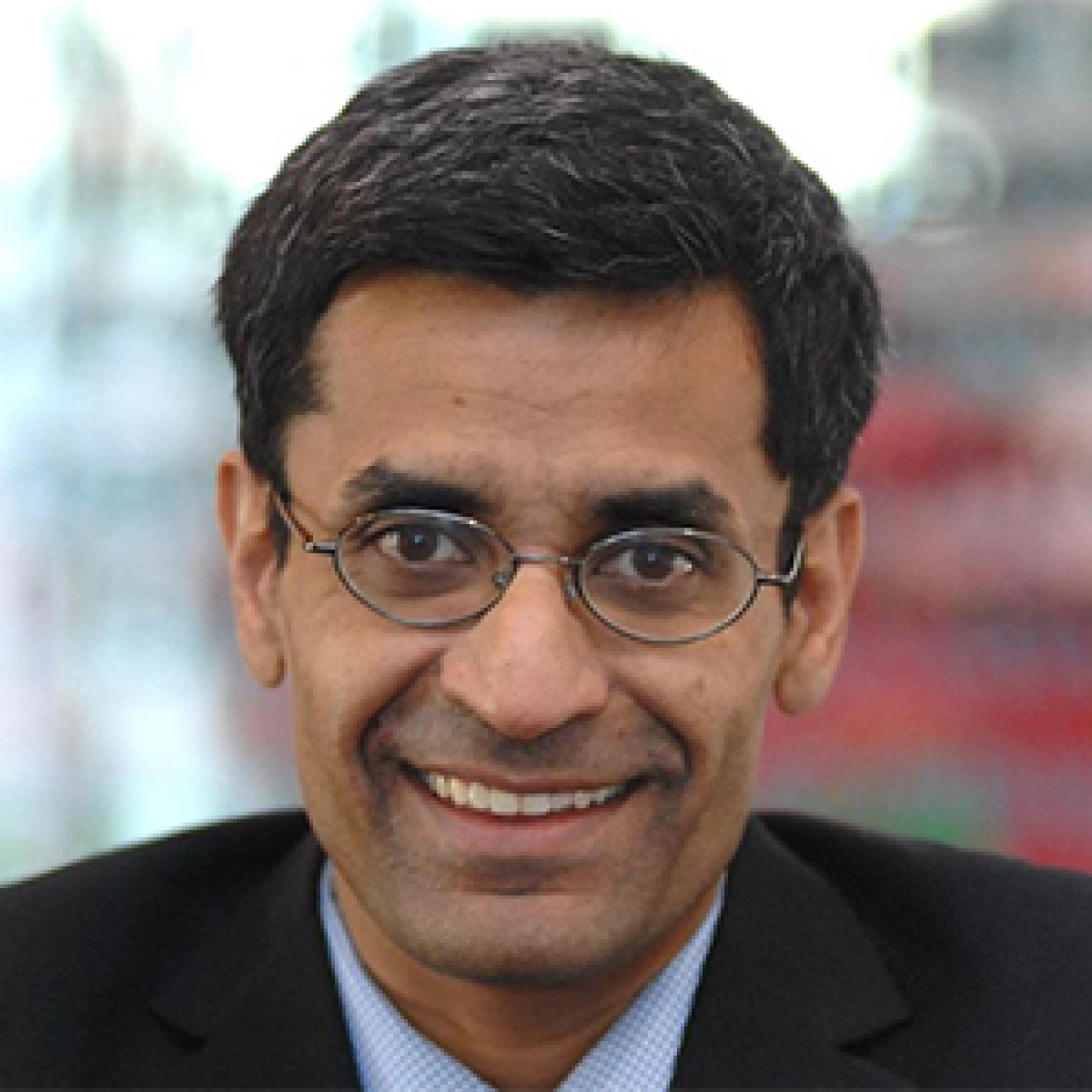
Sridhar Seetharaman is the Fulton Professor of Industrial Decarbonization at Arizona State University and the principal investigator and designated chief executive officer of the Electrified Processes for Industrial Excellence (EPIXC) institute, DOE’s 7th Clean Energy Manufacturing Innovation Institute. Throughout his 23-year career, he has successfully built strategic partnerships and executed key initiatives across industry, government, and the academic community. He currently holds a Joint Faculty Appointment at the National Renewable Energy Laboratory and is an international member of the Royal Swedish Academy of Engineering Sciences and a Mercator Fellow with the German Research Foundation. He is a Fellow and Distinguished member of the Association for Iron & Steel Technology. Previous appointments include Senior Advisor at the Office of Energy Efficiency and Renewable Energy, Pohang Iron and Steel Company, Ltd. Chair at Carnegie Mellon University, National Energy Technology Laboratory Faculty Fellow, and Royal Academy Chair of Low Carbon Technologies at Warwick University. He has participated in development of roadmaps for the National Alliance for Water Innovation, Association for Iron & Steel Technology for the National Institute of Standards and Technology, and EPIXC and DOE multiyear program plans.

Jolene Sheil has extensive experience in managing programmatic energy efficiency and management efforts for the state of Wisconsin, having worked nearly 30 years in the field. She currently manages the Focus on Energy Program (Focus), the Wisconsin statewide renewable energy program. This role culminates a career of planning, managing, and implementing renewable energy efforts across different scopes, including business, city planning, and environmental sustainability. Further, Sheil has experience coordinating program efforts to address diverse stakeholder needs while achieving program goals. She has worked for years as a managerial and organizational asset for research groups, including the Acid Deposition Research Council. In this role, she served as a bridge between funding agencies and research groups, managed budgets, aligned expectations for various projects, and ensured that all parties involved were successful in their missions. In addition, she authors and manages reports of findings from a variety of decarbonization efforts, including the Annual Report to the Legislature on Energy Efficiency and Renewable Resources in Wisconsin, a yearly publication she has produced for more than 15 years. Sheil also serves on the board of directors for the Midwest Energy Efficiency Alliance. Sheil has a master’s in political science from the University of Wisconsin–Madison and a BA from University of Wisconsin–Green Bay.

Sasha Stashwick has experience in policy, analysis, and advocacy with U.S. and European policymakers across a range of climate and clean energy topics. She currently works as the director of federal affairs at Antora Energy, following roles as director of policy at Carbon180 and director of industrial policy at the Natural Resources Defense Council (NRDC). At Antora, Sasha leads efforts to advance federal policy support for thermal storage as a key technological solution to decarbonize industrial heat and power with renewable electricity. At NRDC, Sasha built and led the industrial policy team and was responsible for federal and state advocacy workstreams to achieve deep decarbonization of target sectors, such as cement, concrete, steel, and aluminum. She also functioned as principal subject matter expert and spokesperson to policymakers and the media. Prior to her work on climate policy for the industrial sector, Stashwick was a long-time leader of the institution’s bioenergy work in the power sector. She directed a multiyear effort to reform U.K. bioenergy policies and worked in the U.S. federal power sector on biomass, including direct advocacy and lobbying with Congress, the Environmental Protection Agency, and its Science Advisory Board. In addition, she has authored dozens of studies, briefs, and reports on heavy industry decarbonization and bioenergy. Stashwick has a master’s in public administration from the London School of Economics and a bachelor of science degree in foreign service from Georgetown University.

